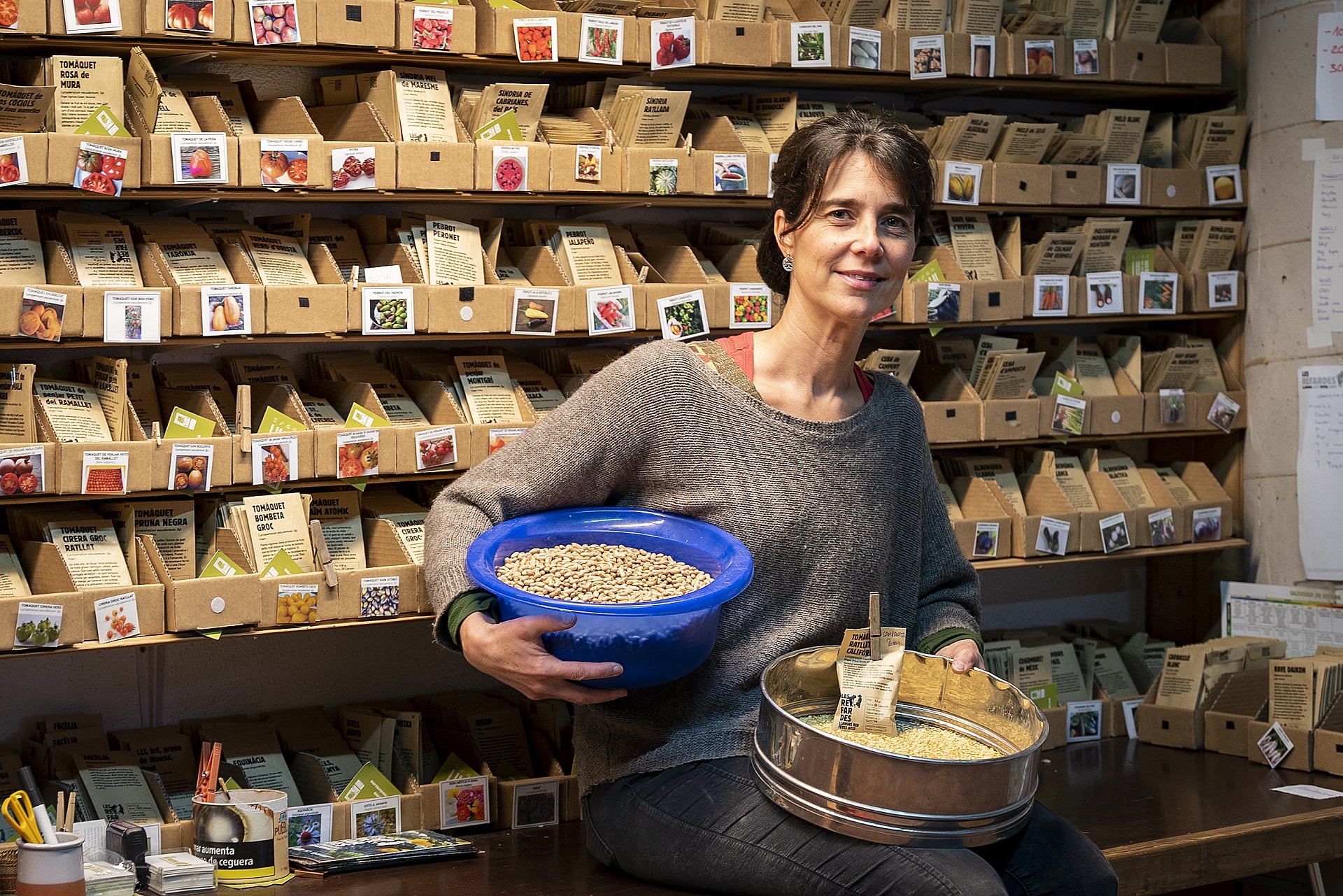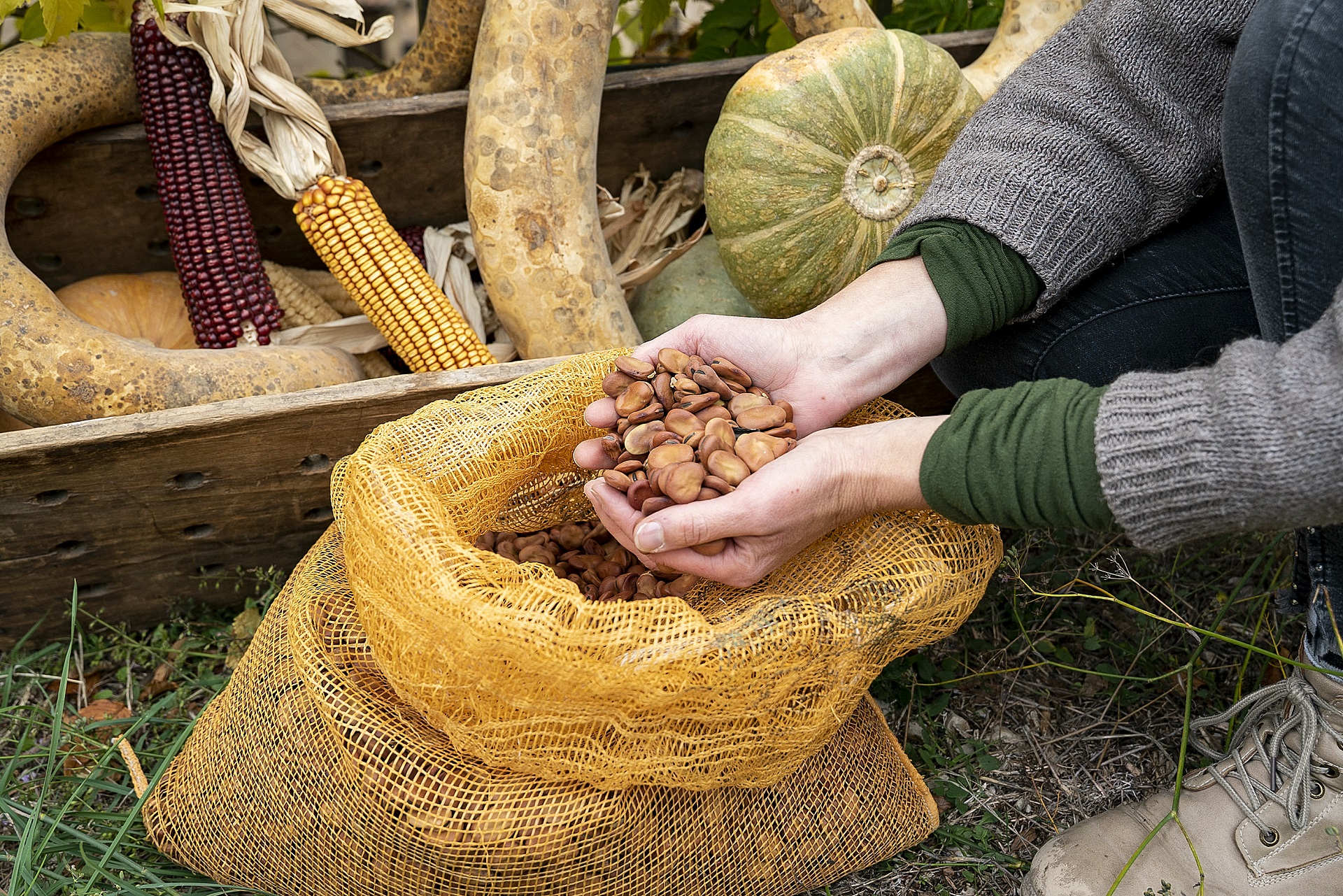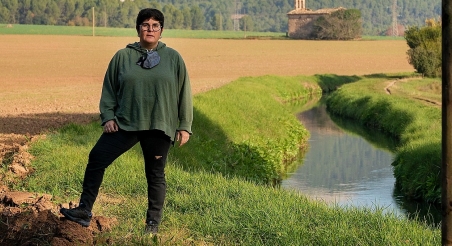Does the province of Barcelona have enough cooperatives and agri-food associations to supply citizens with local products? The new BCN Smart Rural Data Bite, entitled "The Seeds of Cooperation", examines the state of health of the cooperative movement and evaluates the amount and type of initiatives that serve the new farming community in the territory. We also wanted to find out if in Barcelona counties, many people are working together to produce, prepare, distribute and sell Km0 food.
According to this new analysis report, in the province of Barcelona, there are 146 initiatives dedicated to supporting the production and consumption of local food. Of these, 44 are concentrated in Barcelonès county. And of these, 77% are driven by consumer groups.
It is important to highlight that the city of Barcelona concentrates half of the cooperatives and consumer associations in the territory: there are 31 initiatives out of a total of 63. On the other hand, in the most densely populated municipality of the province, there is only one dedicated cooperative entity for food production.
Other interesting data that emerge from the study prepared by the BCN Smart Rural team are the following:
A growing trend
The analysis of the data by year also shows that, between 2012 and 2022, 25 producer initiatives and 32 consumer initiatives have been created throughout the demarcation. In addition, 16 cooperatives and associations have been set up to provide various services to farmers and consumer groups.
In this sense, it is important to highlight that, of the 73 cooperatives and agri-food associations created in Barcelona's counties in the last ten years, 7 have had the support of the Barcelona Provincial Council as part of the BCN Smart Rural strategy. Of these, 3 are related to food production and 1, to its consumption. The rest of the initiatives are dedicated to the preservation of indigenous seeds and the promotion of sustainable production and self-consumption according to the cooperative housing model.
The seven entities that the BCN Smart Rural team has advised are the Eixarcolant collective, the SuperCoop Manresa, the Som Pastura Association, the Berguedà Producers Association, Can Torrents, La Vidalenca and the Ecovila Sequioa Cooperative. In total, these initiatives bring together more than 1,800 people.
If we focus on the Barcelonès county, in the same period, two producer initiatives and 16 consumer initiatives have been registered. There have also been five agri-food entities that provide other services.
The origin of the data
To obtain this data, the authors of the report "The Seeds of Cooperation" have started from the cooperatives that are registered in the General Register of Cooperatives of the Generalitat de Catalunya and have selected those related to the production and consumption of food in the province of Barcelona. They have then checked this information to try to confirm that the registered initiatives are still active today. To identify agri-food associations, they have used the Entity Guide of the Department of Justice of the Generalitat. In this sense, it is important to emphasize that the registration of associations is a voluntary act and, as not all entities operating in the territory are registered, some initiative may have been left out of the analysis.
The list of cooperatives and associations shared in this study also includes some projects discovered thanks to the map of agri-food consumer cooperatives made from the doctoral thesis of the researcher Ricard Espelt, as well as consumer cooperatives that appear on the website "You are what you eat" and others provided by the Cooperative Atheneums of Maresme and Vallès Occidental. The publication "Viable agro-food cooperative models in Central Catalonia", published recently by ARCA as part of the BCN Smart Rural strategy, has also been considered.
The rise of consumer cooperatives
The analysis of the general data shows that in the province of Barcelona, there is a boom in consumer cooperatives and this dynamism is perceived above all among the consumers of the capital of Catalonia and its metropolitan region. As Sònia Callau, head of the Territorial Agrarian Directorate of the Barcelona Provincial Council, says, «This study shows that responsible food consumption is a growing trend. Citizens are increasingly organizing in favour of a more responsible and conscious model of consumption: consumers want to know who produces the food they eat, where it comes from and what ecological footprint they have.»
For more information about this data, please contact Lucía Nieto and Daniel Farré, land engineers and GIS experts of the BCN Smart Rural strategy.
— BCN Smart Rural Editorial —




